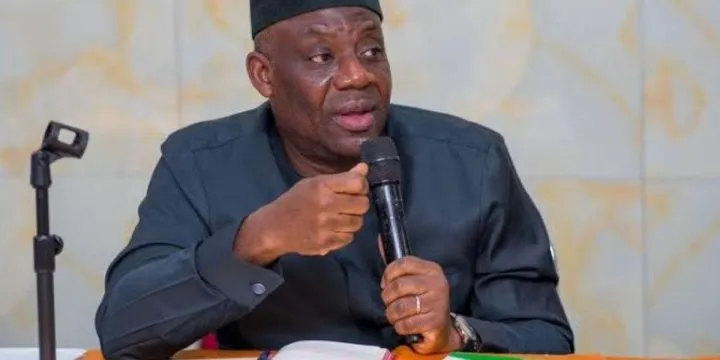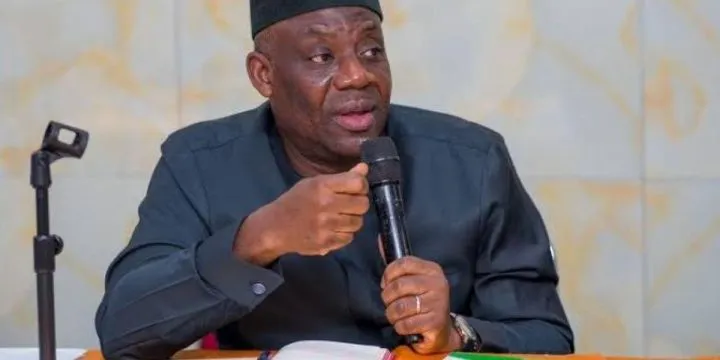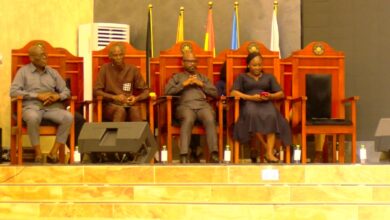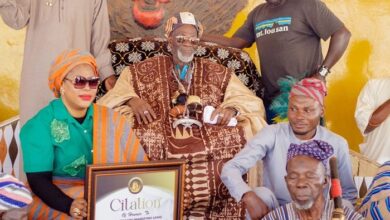“You must now be 12 to start JSS1” – FG


The Federal Government (FG) has now officially set 12 years as the minimum age for admission into Junior Secondary School 1 (JSS1) across Nigeria.
This new directive, issued by the Federal Ministry of Education, was detailed in a recently launched policy document focused on Non-State Schools.
According to the policy, students must complete six full years of primary education before transitioning to JSS1, aligning with the government’s structured nine-year basic education model.
This model includes six years of primary education and three years of junior secondary school.
The guideline outlines a clear progression: children are to start Nursery One at age three, Nursery Two at four, and Kindergarten at five.
Primary education begins at age six, with students expected to enter JSS1 around age twelve.
The policy document states:
“Nursery education shall be of three years’ duration. Children shall be admitted into Nursery One when they attain the age of three years, Nursery Two on attaining the age of four, and one year of compulsory pre-primary education (Kindergarten) on attaining the age of five years, in accordance with the specification of Section 2(17) of the NPE, 2013 Edition.”
It further explains:
“Basic education shall be of nine years’ duration. There shall be a six-year primary and a three-year Junior Secondary School (JSS). Children shall be admitted into Primary One when they attain the age of six years. Every child must complete six years of primary education. They shall be admitted into Junior Secondary School (JSS1) when they have completed six (6) years of primary education, at around the age of twelve (12) years.”
The new age requirement is reportedly aimed at ensuring age-appropriate learning progression and to standardize educational entry points nationwide.
The document also shed light on the expanding role of private education in Nigeria.
Non-state schools-often referred to as private, independent, or non-government schools-now outnumber state-owned schools in junior secondary levels across at least 26 states of the country.
“Non-state schools outnumber state schools in at least 26 states of the federation at the Junior Secondary level, whereas at the primary level, state schools outnumber non-state schools in 19 states of the federation.
Data from the Nigeria Education Digest 2022 reveals that non-state junior secondary schools grew by 35.06% between 2017 and 2022, compared to a 6.8% growth rate in state-owned schools during the same period.
Similarly, private primary schools grew by over 31%, while public primary schools saw just a 3.3% increase.
“The growth in the number of non-state schools between 2017 and 2022 (the last five years reported) has been faster than that of state schools. Non-state primary schools grew in number by 31.56 per cent between 2017 and 2022, while state schools grew in number by 3.3 per cent within the same period. At the Junior Secondary level, non-state schools grew in number by 35.06 per cent between 2017 and 2022, while state schools grew in number by 6.8 per cent only within the same period.”
The age requirement adjustment also supports the earlier policy stance of 18 years as the ideal university entry age, although current Education Minister Dr. Tunji Alausa recently revised the university admission age back to 16 years.





